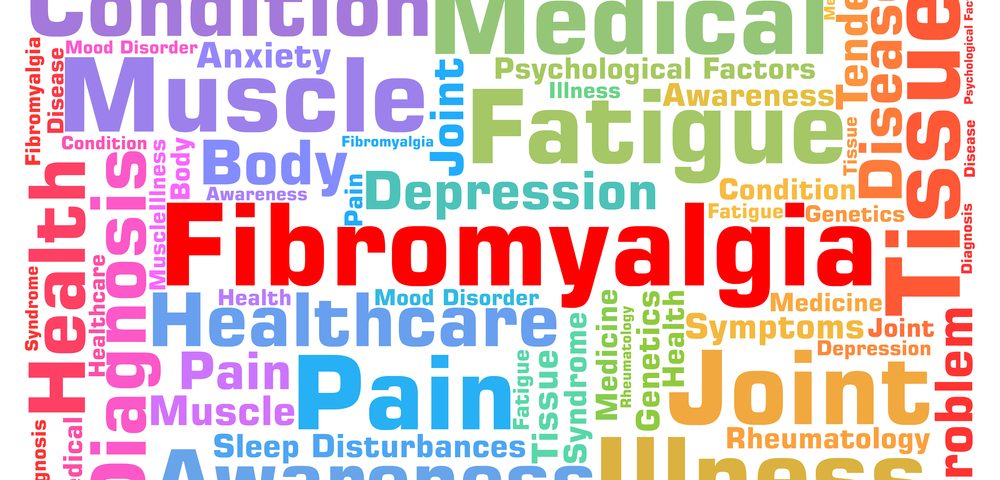Hypnosis therapy over one month significantly lowers the intensity of pain and fatigue, as well as symptoms of depression, among people with fibromyalgia, a study showed.
These benefits, which were maintained at a follow-up visit six months later, suggest that hypnosis could provide an effective and low-cost alternative to ease fibromyalgia symptoms, the scientists said.
The study, “Hypnotic intervention in people with fibromyalgia: A randomized controlled trial,” was published in the American Journal of Clinical Hypnosis.
Hypnosis has long been used in pain management, to teach personal skills and strategies for altering the perception of pain, with various studies demonstrating its effectiveness. The approach has been defined as working toward a special consciousness state in which greater attention leads to an increased ability to respond to suggestions.
Self-administered hypnosis via audio recordings has been indicated as a complementary therapy in fibromyalgia, given its ease of use and low cost.
Now, researchers from Chile, Mexico, and Ecuador sought to test whether administering audio-recorded interventions for self-hypnosis could reduce pain intensity and its interference with daily activities, as well as fatigue and symptoms of depression, in people with fibromyalgia. Conversely, the study also sought to determine if self-hypnosis could increase the sense of well-being among these patients.
A total of 97 adults with fibromyalgia, with a mean age of 45, were randomly assigned either to receive hypnosis (48 participants) or to a control group (49 participants). The vast majority of participants — all but three — were women; one man received hypnosis and the other two men were in the control group. Notably, this disorder overwhelmingly affects women. Statistics vary, but generally only 10-15% of fibromyalgia patients are male.
All participants maintained their usual medical treatments, including any physical, psychological, or alternative therapies.
The treatment with hypnosis consisted of two recordings. The first, an introductory session lasting for about 15 minutes, introduced the participants to the method and prepared them for hypnosis. This recording also sought to foster a positive attitude toward hypnosis among the patients.
Then, the second recording, lasting 12 minutes and administered each day for 30 days, aimed at improving pain and stress management, and reinforcing the experience produced in the first recording.
Pain was assessed using the Brief Pain Inventory Short Form, while fatigue was measured with the Brief Fatigue Inventory; depression was evaluated using the Center for Epidemiological Studies Depression Scale.
Over the study’s one-month period, the participants used the audio recordings an average of 24.6 days.
The results showed that hypnosis led to a significant decrease in pain and fatigue intensity, as well as to reduced symptoms of depression.
Although the hypnosis group also showed a trend toward greater satisfaction with life, compared with the control group, the difference was not statistically significant, the results showed.
Follow-up analyses done six months later showed sustained improvement.
Fatigue interference was the only measure with a significant worsening between the end of the intervention and the follow-up assessment, although it did not return to pre-study levels. No changes in satisfaction with life were seen throughout the study.
“In conclusion, this study shows that audio-recorded hypnotic suggestions are an effective, accessible, and convenient psychological intervention for individuals with fibromyalgia,” the investigators wrote.
They added that future studies should take more symptoms of fibromyalgia into account, such as catastrophizing — the inability to stop thinking about pain, its amplification, and feelings of helplessness — sleep disorders, and anxiety.
Still, these finding “contribute to the existing knowledge regarding fibromyalgia and its mental and physical health consequences; further, it increases the knowledge regarding the hypnosis benefits for pain management,” the team wrote.

